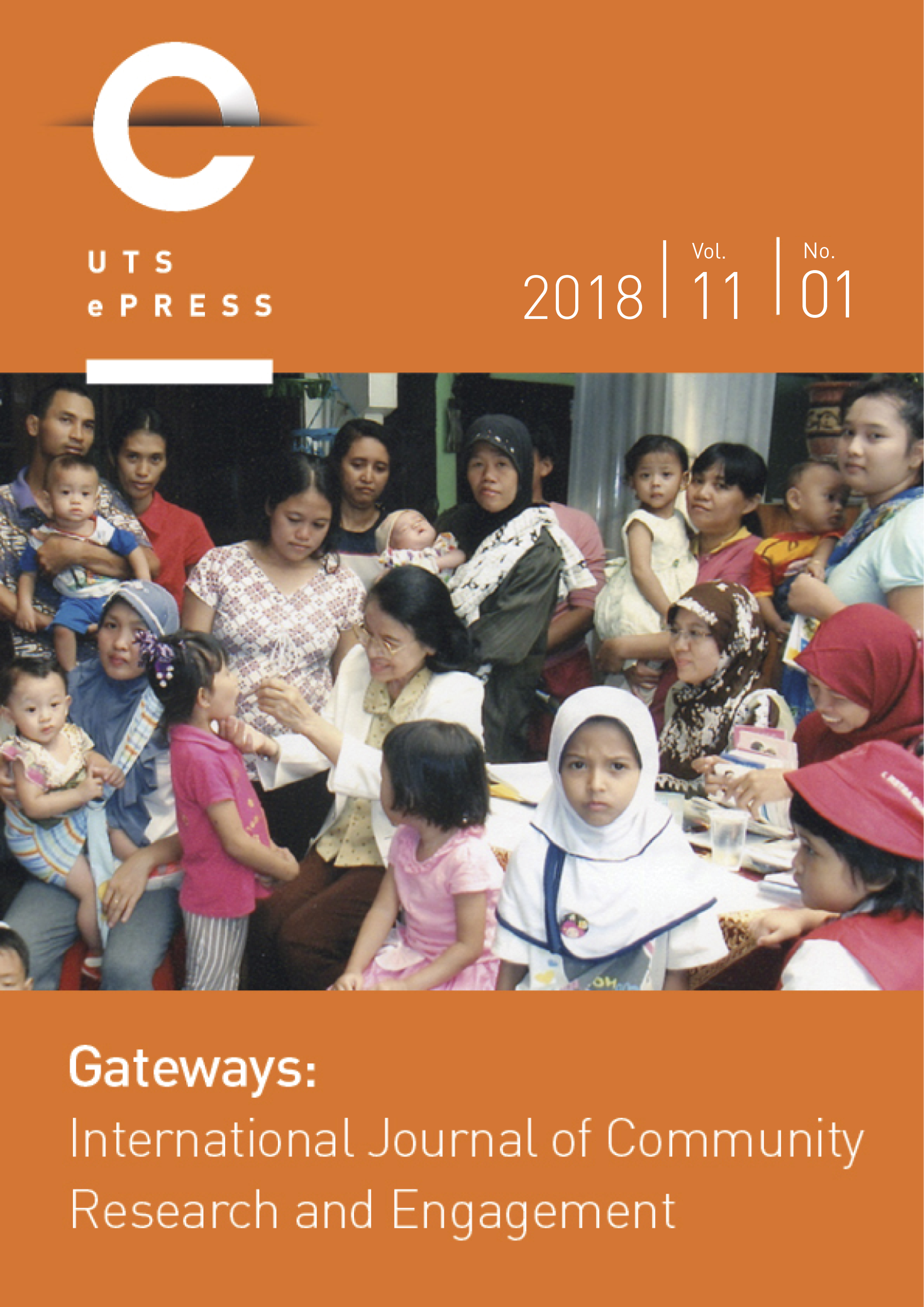Expectations of Field Supervisors in Kenya: Implications for Community-based Human Service Practicums
Main Article Content
Abstract
Community-based learning (CBL), which provides opportunities for undergraduate students to develop disciplinary and work-related knowledge and skills, is increasingly becoming an integral component of higher education. Similar to other countries, there is a widespread belief among employers in Kenya that there is a mismatch between university programs and labour market demands. In order to enhance the employability of graduates, many departments at a Kenyan university have incorporated work-integrated experiential learning opportunities such as practicums in the educational experience for undergraduate students. The aim of this article is to describe the expectations of field supervisors in host organisations participitating in a community-based human services program at a Kenyan University. Fifteen purposively sampled field supervisors participated in individual face-to-face interviews that included questions about their understanding of the department’s expectations of student learning activities during practicums, knowledge of the academic preparation of students in the program and challenges associated with the supervisory role. Six field supervisors exhibited some level of understanding of the expectations of their role in working with practicum students, while nine field supervisors indicated unclear expectations of the students’ practicum experience. Thematic analysis revealed key themes related to: (1) student abilities, learning goals and their contributions to the host organisations, and (2) the academic program of study and academic support available from the university faculty or staff to field supervisors. The results of our study revealed a lack of clarity around practicum expectations for most of the field supervisors interviewed and insufficient preparation of the community-based organisations to host a practicum student. Several recommendations are identified to clarify the expectations of community partner organisations and the staff providing student supervision to ensure benefits for both students and the host organisation. Results from this study can be used to inform the development or improvement of practicum opportunities focused on producing a skilled workforce.
Article Details
Issue
Section
Authors who submit articles to this journal from 31st March 2014 for publication, agree to the following terms:
a) Authors retain copyright and grant the journal right of first publication with the work simultaneously licensed under a Creative Commons Attribution License that allows others to share and adapt the work with an acknowledgement of the work's authorship and initial publication in this journal.
b) Authors are able to enter into separate, additional contractual arrangements for the non-exclusive distribution of the journal's published version of the work (e.g., post it to an institutional repository or publish it in a book), with an acknowledgement of its initial publication in this journal.
c) Authors are permitted and encouraged to post their work online (e.g., in institutional repositories or on their website) prior to and during the submission process, as it can lead to productive exchanges, as well as earlier and greater citation of published work (See The Open Access Citation Advantage Service). Where authors include such a work in an institutional repository or on their website (ie. a copy of a work which has been published in a UTS ePRESS journal, or a pre-print or post-print version of that work), we request that they include a statement that acknowledges the UTS ePRESS publication including the name of the journal, the volume number and a web-link to the journal item.
d) Authors should be aware that the Creative Commons Attribution (CC-BY) License permits readers to share (copy and redistribute the work in any medium or format) and adapt (remix, transform, and build upon the work) for any purpose, even commercially, provided they also give appropriate credit to the work, provide a link to the license, and indicate if changes were made. They may do these things in any reasonable manner, but not in any way that suggests you or your publisher endorses their use.
For Volume 6 (2013) and before, the following copyright applied:
Articles published by UTSePress are protected by copyright which is retained by the authors who assert their moral rights. Authors control translation and reproduction rights to their works published by UTSePress. UTSePress publications are copyright and all rights are reserved worldwide. Downloads of specific portions of them are permitted for personal use only, not for commercial use or resale. Permissions to reprint or use any materials should be directed to UTSePress.
